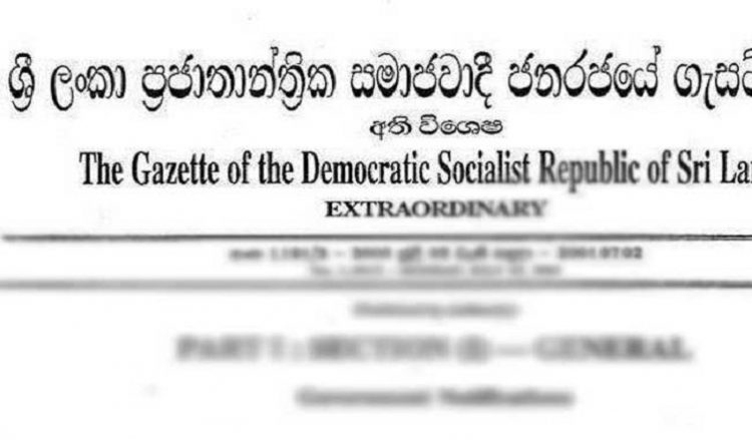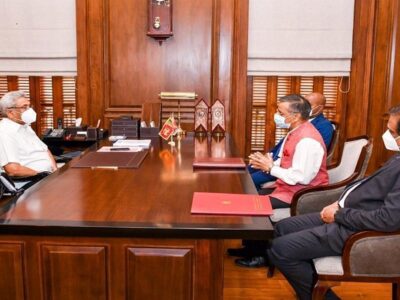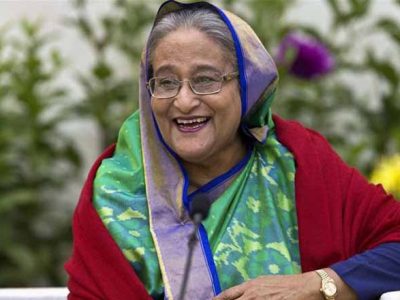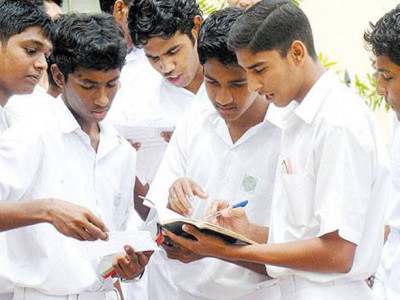(LANKAPUVATH | COLOMBO) – President Ranil Wickremesinghe issued a gazette notification yesterday (02) appointing a 10-member commission of inquiry headed by retired CJ Priyasath Dep PC to obtain and submit information, investigate, inquire into and examine all existing election laws and regulations and make necessary recommendations for the amendment of election laws.
President Ranil Wickremesinghe issued the Gazette notification to establish a commission with the mandate to propose revisions to electoral laws that align with contemporary requirements and uphold the integrity of political parties. This commission operates in accordance with the stipulations outlined in Sections 2 and 3 of the Commission of Inquiry Act No. 17 of 1948 and is chaired by the retired Chief Justice, President’s Advocate Vevage Priyasath Gerard Depp. The other commissioners serving on this commission include Sundaram Arumanayagam Senanayakesa Alindralage, President’s Advocate Nalin Jayantha Abeysekera, Rajitha Naveen Christopher Senaratne, Ahmed Lebbe Mohammed Salim, Sagarika Delgoda, Esther Sriani Nimalka Fernando, and Vitarana’s Deepani Samantha Rodrigo.
The primary tasks of this commission encompass a thorough examination of existing election laws and the formulation of recommendations for their improvement. These recommendations extend to guidelines on the responsible utilization of media by political parties and independent groups. Furthermore, the commission is entrusted with gathering information, conducting investigations and delivering recommendations regarding the implementation of a code of conduct that governs the conduct of political parties, enhancing the regulations concerning party registration and ensuring their actions are transparent and accountable to the public.
In addition to these responsibilities, the commission is also tasked with addressing several critical issues. These include augmenting the representation of women and youth in political processes, reducing the time between the announcement of an election and the release of results and exploring the possibility of electronic voting using modern technology as an alternative to traditional paper ballots. Finally, the commission is called upon to provide recommendations related to the proposed constitution.
Furthermore, in recognition of the imperative to establish and uphold mutual trust between Sri Lankan voters and political parties, various globally renowned organizations, including the Inter-Parliamentary Union, have diligently focused on delineating criteria for enhancing the transparency and accountability of political parties.
This heightened scrutiny stems from the notable escalation in the financial expenses associated with election campaigns, encompassing elections. The role of financial resources in shaping political landscapes and the potential for undue influence on policy decisions have garnered considerable concern. Additionally, there has been a growing awareness of individuals with criminal backgrounds infiltrating political parties, supplanting stable political organizations with short-term political entities, consequently contributing to political instability. These issues have been of particular concern.
Further, the commission is expected to produce its report within a timeframe of six months.




